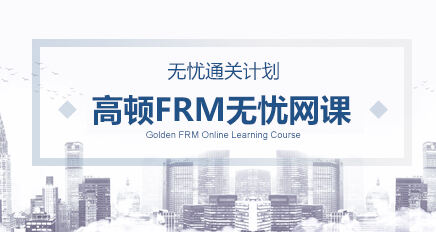E1模擬題(三)
CR7 has ten operating units and currently employs 250 people but has not replaced any employees that have left over the past six months. Until recently, CR7 was part of M013, a much larger group of diverse companies. CR7 is now independent following a management buy-out. In a statement about the future of the new company, the buy-out team explains that CR7 will operate profitably in the future but will need to adopt flexible employment practices and make more use of casual labour and contractors in order to become a more flexible firm.
One consequence of the buy-out is that CR7 no longer receives the specialist support of M013 functions such as payroll, finance, human resources (HR) and information systems (IS) services, etc. These central M013 services were recognised as being of a good quality but were relatively expensive.
The buy-out team has so far:
• Devolved responsibility for some central services such as cleaning services and grounds maintenance to CR7's units to organise for themselves;
• Engaged outside providers for both its payroll and finance requirements;
• Established in-house HR and IS central service departments.
One of the first tasks for the HR department is to develop a new pay structure for CR7's workforce.
Required:
1.Discuss the advantages for CR7 of organising and managing its IS activities centrally.
2.Explain the main issues CR7's new HR department should take into account when developing a pay structure.
3.Explain how flexible employment practices might contribute to the future success of CR7.

















